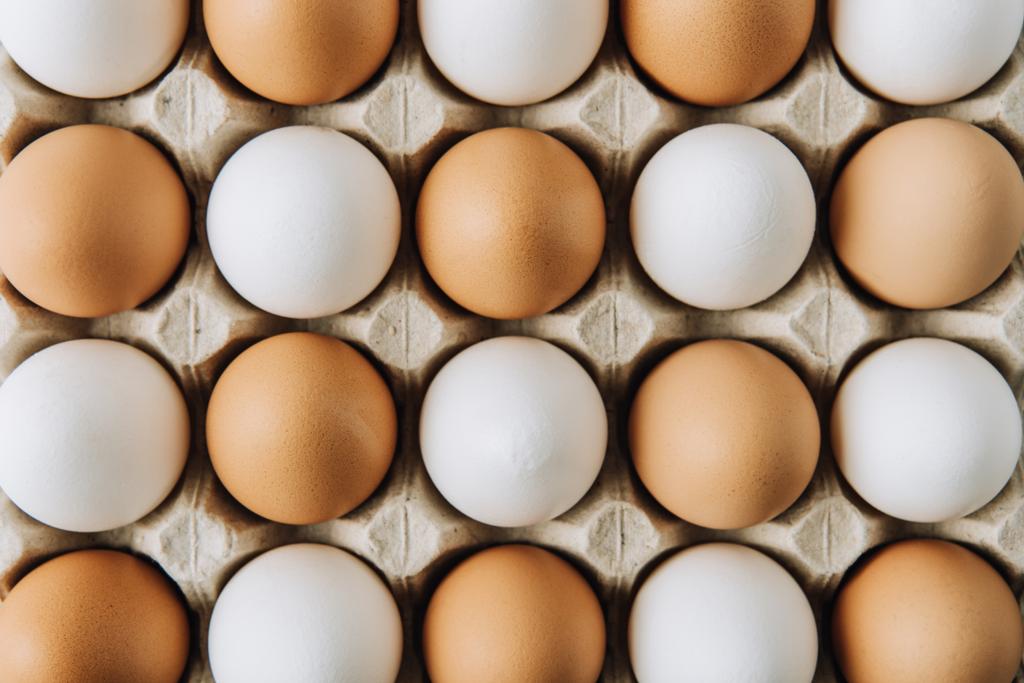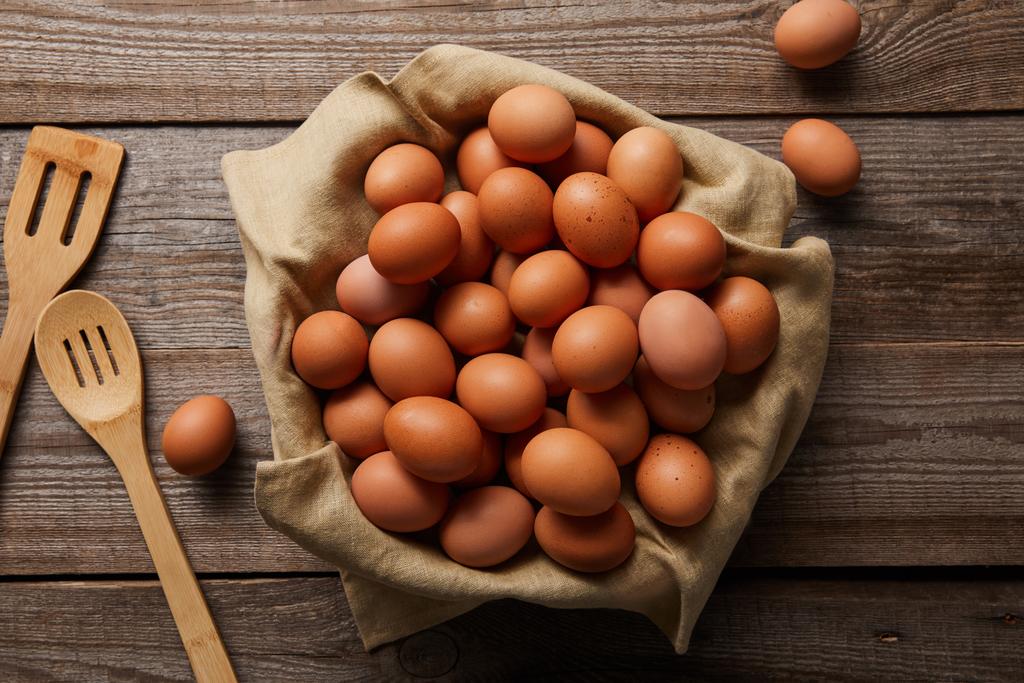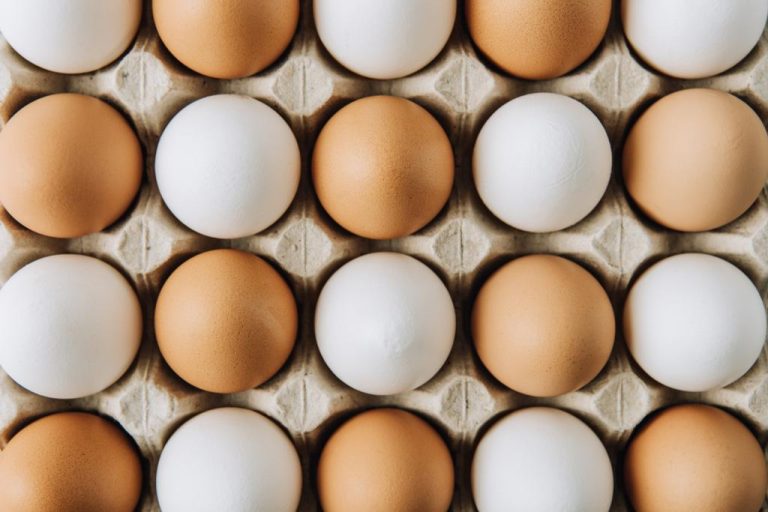quench eggs or not? Is it useful or maybe even harmful? Here you can find out when you should quench eggs and when it is better not to.
Are quenched eggs easier to peel?
A common household tip is that chilled eggs are easier to peel. When the breakfast egg is cooked to the desired consistency, you should dip (or pour over) the hot egg in cold water, which should allow the shell to separate easily.
If the eggs are very fresh, certain proteins on the inner skin hold the albumen and the shell together – fresh eggs are therefore more difficult to peel. The older the egg is, the higher the pH value in the egg white rises. The thin skin around the egg white then becomes more elastic. This makes it easier to peel boiled eggs.
Only the age of the eggs determines whether the shell can be easily peeled off together with the skin. It is therefore superfluous to quench the eggs in order to be able to peel them better.
Quench eggs: what’s the point?
Deterring eggs can still be useful for the following reasons:
If you like to eat a soft or waxy breakfast egg, you interrupt the cooking process of the eggs with the cold water and they keep the desired consistency. If you don’t submerge the eggs in cold water after cooking, they will continue to cook under the hot shell.
Especially with hard-boiled Easter eggs, the edge of the yolk often turns grey-brown. You can prevent this by taking a cold water shower.
Can deterring eggs be dangerous?
If you want to keep boiled eggs in the fridge for a long time, you should not put them off as there is an increased risk that the eggs will be more quickly infested with germs due to the brittle shell.
Even undamaged eggs should not be stored in the refrigerator for longer than four weeks after cooking.
Putting off a breakfast egg that you want to eat the same day is completely unproblematic. If you want to peel the egg, it is best to reach for the eggs that have been in the fridge for a while.

